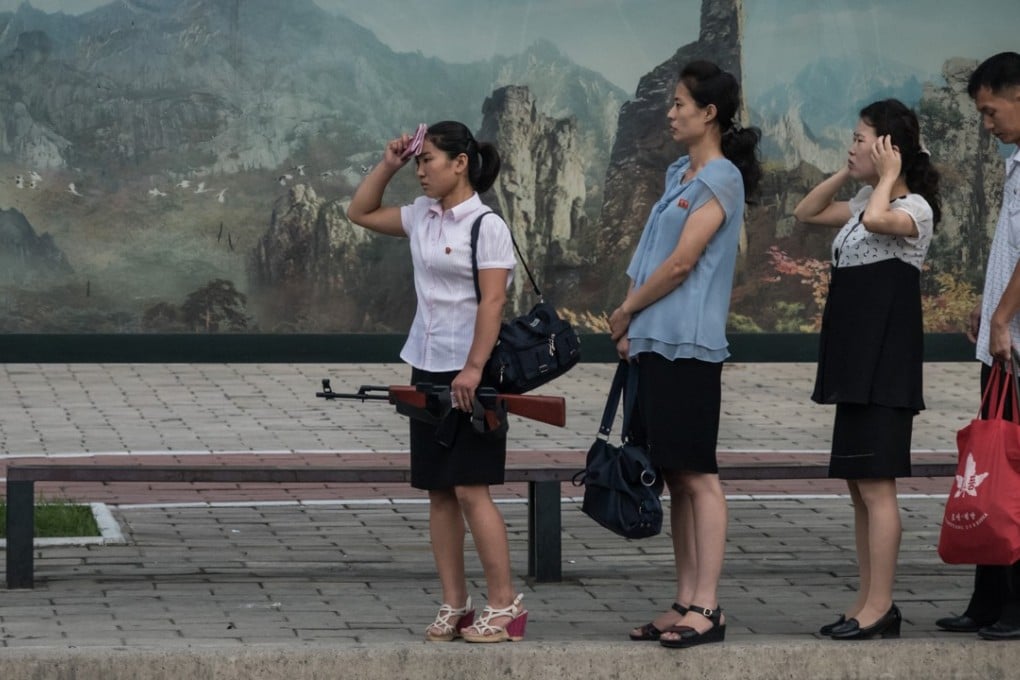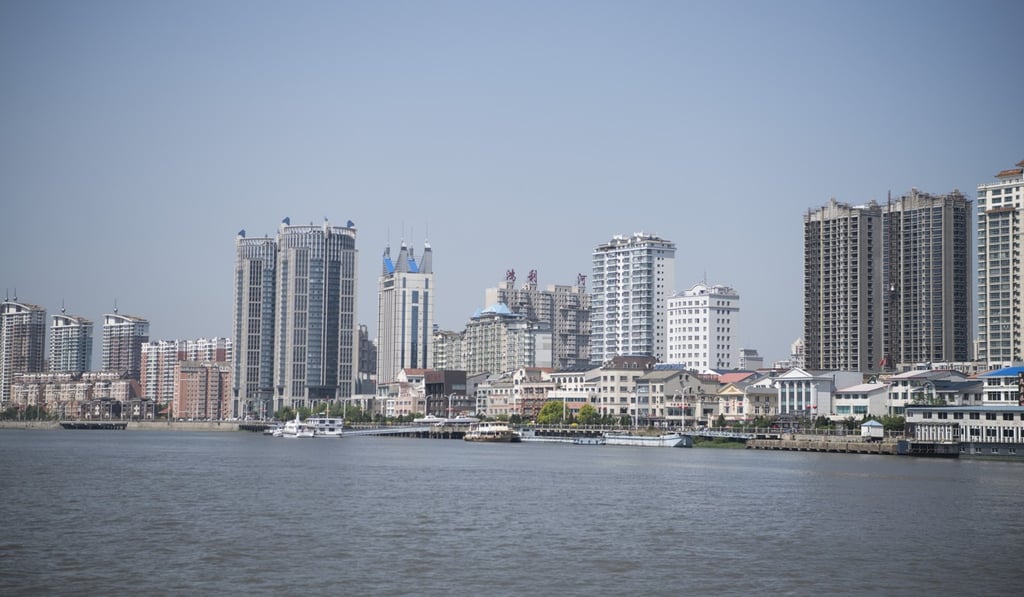When the dream dies: female North Korean defectors suffer prejudice in the competitive, self-absorbed South
Many North Korean women have escaped to the South via China, in search of freedom, happiness and a modern lifestyle. But the fantasy so often ends in disappointment

Years ago in Yonsa, a small North Korean town close to the border with China, residents gathered to watch a man die. Executioners tied him by his neck, chest and waist to a log in the town square, then shot 90 bullets into him. When it was over, all that remained were two legs.
The man, an executive at a trading company, had been ratted out for illegally cutting down and selling trees into China. When the police came to his property, they found his getaway boat filled with wads of cash. Or so the story goes among locals.
But it was what became of this man’s daughter that haunted 12-year-old Kim So Won. The daughter was tall and beautiful, and she made small but daring fashion statements. “I remember she wore earrings and tight jeans,” says So Won. “And she wore a tight red jacket.” Such adornments were not officially allowed in the Democratic People’s Republic of Korea. Rumours circulated that the girl could jump incredible distances; that she could fly across a room. “She was a star.”
Then one day, in 2007, not long after her father had been publicly executed, the daughter vanished. No one ever saw or heard from her again. But So Won would always remember the earrings, the skinny jeans, the red jacket.

The view in every direction from So Won’s home in Yonsa was dominated by mountains dotted with potato plants in autumn and strawberries in spring. The range they called “the gasping mountain” barricaded Yonsa from the Tumen river; in some ways, it felt like a prison wall. Across that water was China and the rest of the world. Being so close to another life, in a way that inland North Koreans were not, was the hardest part.
With two rooms and a plot of land for growing vegetables, the Kims’ home was spacious by North Korean standards. So Won lived with her middle sister, So Yeon, who was three years older, along with their mother and father, an engineer who later became the town drunk. “It was such a waste for him to live in North Korea,” So Won says. “He was always drinking to avoid reality.”
